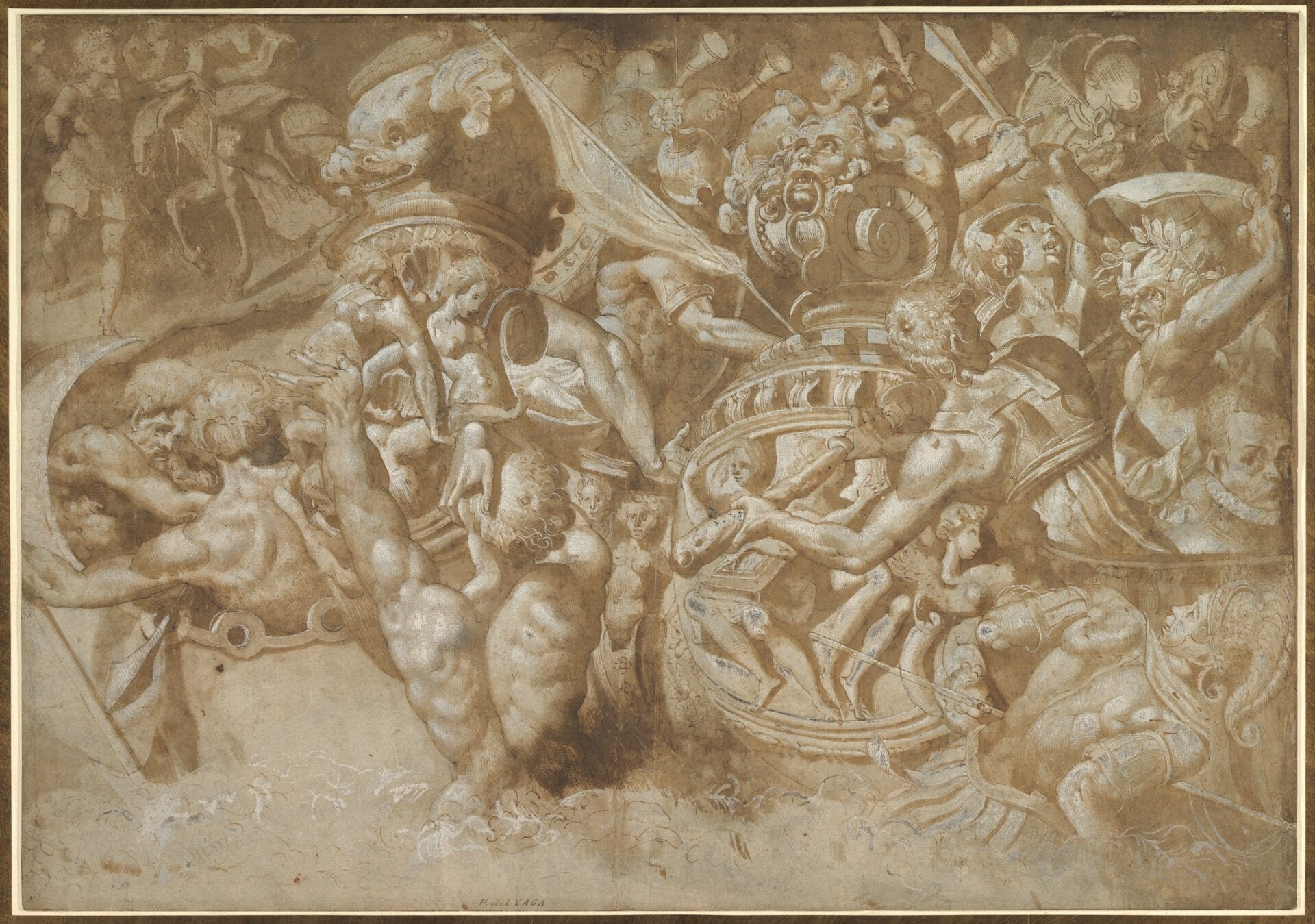
Is This an Actium Moment?
Two U.S. warships cruised through the Taiwan Strait on Sunday, August 28, in international waters between Taiwan and mainland China. Although the U.S. Navy described it as routine, it was anything but ordinary. It was the first such voyage since U.S. House Speaker Nancy Pelosi’s visit to Taiwan earlier this month. An angry China responded to her trip by launching missiles over Taiwan and engaging in military exercises. China claims the Taiwan Strait as an internal waterway. The voyage of the two warships shows that the U.S. doesn’t accept that assertion, but it hardly ends the matter.
Taiwan is a liberal democracy under threat of invasion by a communist dictatorship. A key player in the microchip industry, Taiwan is central to the world economy, and located as it is in the First Island Chain off China’s coast, it is vital strategically.
Tension over Taiwan is nothing new but recent trends make it ever more troubling. China’s rise to economic superpower status, its military buildup over the last twenty years, its insistence under Xi Jinping that it will bring Taiwan under Chinese rule and soon, may all be signposts to war. China’s alignment with Russia and Iran similarly turns the compass needle in a disturbing direction. Meanwhile, American resolve, so badly bruised by the hasty withdrawal from Afghanistan in 2021, is being tested in Ukraine by Russia’s invasion.
Many clashes of empire have taken a decisive turn at sea. History records such battles as Salamis, between Greeks and the Persian Empire, in 480 B.C.; Red Cliffs, between an alliance of southern Chinese warlords and a northern warlord, in winter 208/209; the Battle of the Masts, between the Arab Caliphate and the Byzantine Empire, in 654; Lepanto, between the Christian Holy League and the Ottoman Empire in 1571; Trafalgar, between the British and the French and Spanish alliance in 1805; Tsushima, between Japan and Russia in 1905; and Midway, between Japan and the United States, in 1942. But the one that may be richest in lessons for Taiwan is the Battle of Actium.
Actium took place on September 2, 31 BC. That date about 2050 years ago decided the future of the Mediterranean world for the next four centuries. But the thing about the Battle of Actium, as it is called, is that it was half-won before a single ship was launched.
At Actium, two indomitable rivals faced off for control of the Roman Empire stretching from the Atlantic to the Euphrates. Octavian controlled the Roman West. Mark Antony controlled the Roman East, with the help of his chief ally and lover, Cleopatra, queen of Egypt.
Both sides built great navies, but Antony and Cleopatra played it safe. Octavian launched a daring, surprise attack behind enemy lines on their key supply base. The raiders captured the base and turned it into a center for raiding Antony and Cleopatra’s shipping and slowing the flow of supplies to a trickle. By the time of the battle of Actium six months later, Antony and Cleopatra’s navy had been cut to about half its size by hunger, disease, and desertion. The best they could do at Actium was to fight their way out with about a third of their remaining ships. It was a total defeat, all but ending the war.
At Actium, the set-up was everything. So, it often is in war, and so it may be with Taiwan. Whoever prepares better for what lies ahead is likely to win. Will China prepare the field to assure a victory? Or Will Taiwan and its supporters in the United States, Taiwan, Australia, and elsewhere in the Asia-Pacific, make better plans?
Nancy Pelosi isn’t Cleopatra, Joe Biden isn’t Mark Antony, and Xi Jinping isn’t Octavian. It’s a good thing, too, because they all know better than the Romans that negotiations are preferable to missiles. But one thing that they can learn from the Romans is this: if you want peace, prepare war.
With China having engaged in a massive military buildup, the United States needs to reinvest in its navy, whose numbers are currently being cut. Taiwan needs to make its military more mobile and resilient, while beefing up conscription, which is currently highly limited.
All parties would do well to prepare for the unexpected. It was surprise that paved the road to victory on that September day in Greece long ago. The time to prevent an Actium moment is now.